8 November 2022
Racial inclusion: How many people are finding fellowship elsewhere?
Bethany Gibson
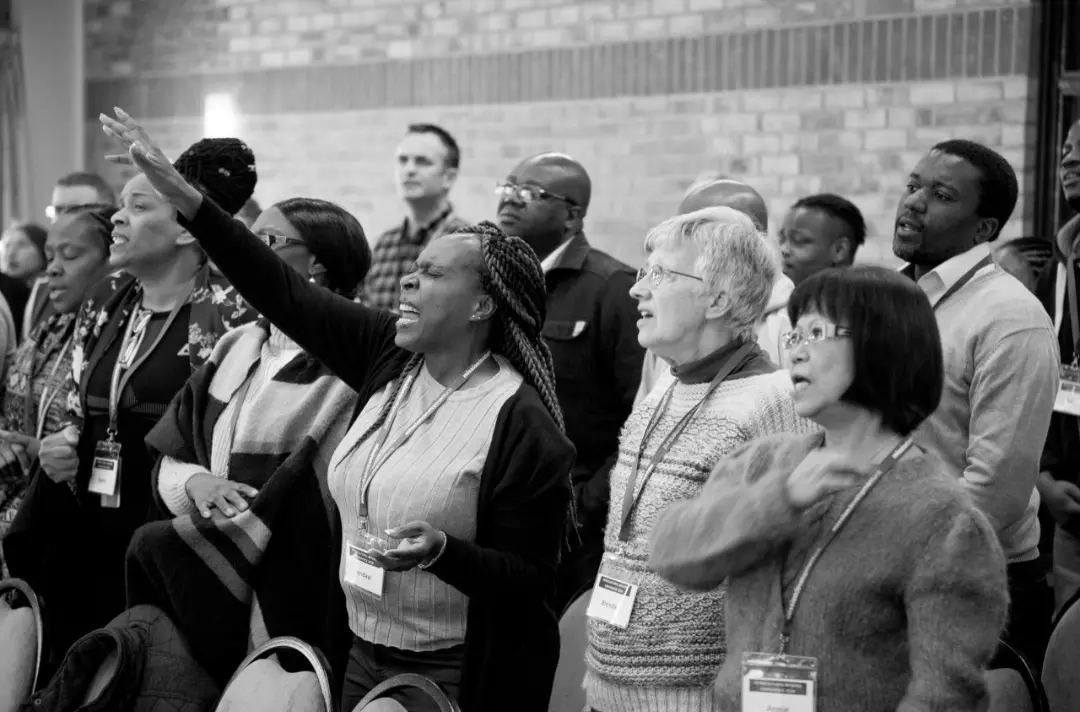
Bethany Gibson previews 'Racial Inclusion and The Salvation Army', a webinar organised by the Moral and Social Issues Council in partnership with the territory’s Racial Inclusion Working Group.
In recent years, there has been growing international concern and awareness of racism, including unconscious bias and systemic and institutional discrimination.
In June 2020, Territorial Commander Commissioner Anthony Cotterill issued a statement that said: ‘We will take positive action to ensure that our culture is increasingly one in which our members, employees, service users and officers, of majority and minority ethnic origin, feel included – that is, respected, valued, trusted, safe and having a sense of belonging.’
The Racial Inclusion and The Salvation Army webinar, which will take place on Zoom on Monday 14 November at 7.30pm, is part of the ‘positive action’ the territory is taking.
While many have been fighting for racial inclusion for a long time, significant progress was made when the Racial Inclusion Working Group was formed in 2021. In July, the group launched several initiatives at Together 2022. Alongside a theological reflection on racial inclusion, they introduced Inclusion Mission Advocates and opened a territorial survey on welcome and belonging within The Salvation Army.
They also held a seminar in the form of a panel conversation in partnership with the Moral and Social Issues Council. The seminar proved so popular that it was decided an online version was needed: the result is this webinar.
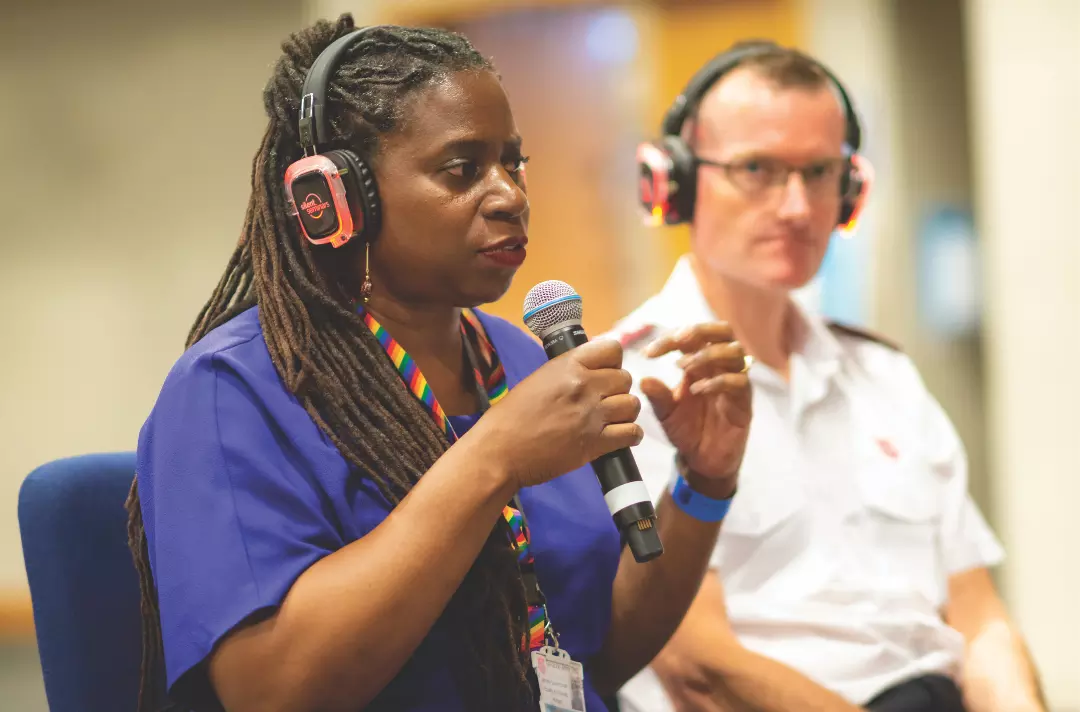
In addition to hearing updates from the Racial Inclusion Working Group, the webinar will feature Salvationists sharing their experience of racial inclusion and offering advice about the action we can take to ensure our corps and centres are welcoming and hospitable spaces.
The panel conversation hosted by Major Althea Bawden (Assistant Principal, William Booth College) will include Colonel Jenine Main (Territorial Secretary for Leader Development), Major Jonny Smith (Intercultural Mission Enabler), Jennifer Laurent-Smart (Equality and Diversity Manager), Corps Sergeant-Major Cloud Tembo (Milton Keynes) and Raj Gill (Guildford).
I caught up with Althea and Jonny to find out more about the event and why it’s needed.
‘Inclusion needs to be an ongoing conversation’
Jonny says too often we see racial inclusion as a tick box: ‘It’s either an exercise we do as part of a project or it’s something we think about for a season and then move on from. Racial inclusion, and inclusion more generally, needs to be an ongoing conversation at every level of the Army.
‘Hopefully, this webinar will give people some pointers about how we can consider inclusion as part of everything we do.’
Althea says one of the reasons we need to take racial inclusion seriously is that many of our churches don’t reflect the communities they are in: ‘The diversity we see in food and culture on our high streets is missing.’
She adds: ‘Many people don’t appreciate the challenges people of different ethnicities and nationalities face when they arrive at our corps and centres: the way people dress may be different, the worship style may be different, people’s language and attitudes towards timekeeping may be different.
‘If you enter a community that appears to have no room for diversity, where there is an expectation for everyone to look and behave in the same way, then it can make people feel they have to change who they are to fit in or work hard to get people to like them. When this happens, it’s not surprising people look for fellowship elsewhere.’
Jonny agrees: ‘I remember hearing that in the early 2000s it was estimated that there were 5,000 African Salvationists living in London, but the overwhelming majority were not attending a local expression of the Army. Many may have found other churches to attend but many probably lost their connection with the Church altogether. What could we have done differently to welcome and include them?’
Multicultural vs intercultural
Jonny’s current appointment as Intercultural Mission Enabler provides him with a unique perspective of inclusion across the territory. I asked him where he is seeing signs of hope and progress.
‘We have multicultural corps but it’s the ones seeking something deeper that excite me. Multiculturalism is a fact of society – different cultures, be they ethnic, musical or artistic, exist. Many corps are multi-ethnic but often these different ethnic cultures don’t work together or speak to each other in meaningful ways.
‘The aim within racial inclusion and intercultural mission is for different ethnic and cultural groups to come together to create something new that’s more reflective of God. I think society needs to see this. Amid the division and conflict we see in modern life, an intercultural community brings hope and a foretaste of God’s Kingdom.’
‘I often describe intercultural mission as a space where people are mutually inconvenienced: I need to continually consider what I need to sacrifice in order to see a broader, more diverse image of God.’
Althea says: ‘While it’s easy to gravitate to the people we like or the people who are like us, we don’t have that luxury as followers of Jesus. We are called to keep loving people, whoever they are, until we see them and love them as God does.’
As a person of colour, Althea had a positive experience of growing up in the Army: ‘I attended Bath Citadel from the age of 10 with my three siblings. I didn’t come from an Army background and I never felt that I didn’t belong.’
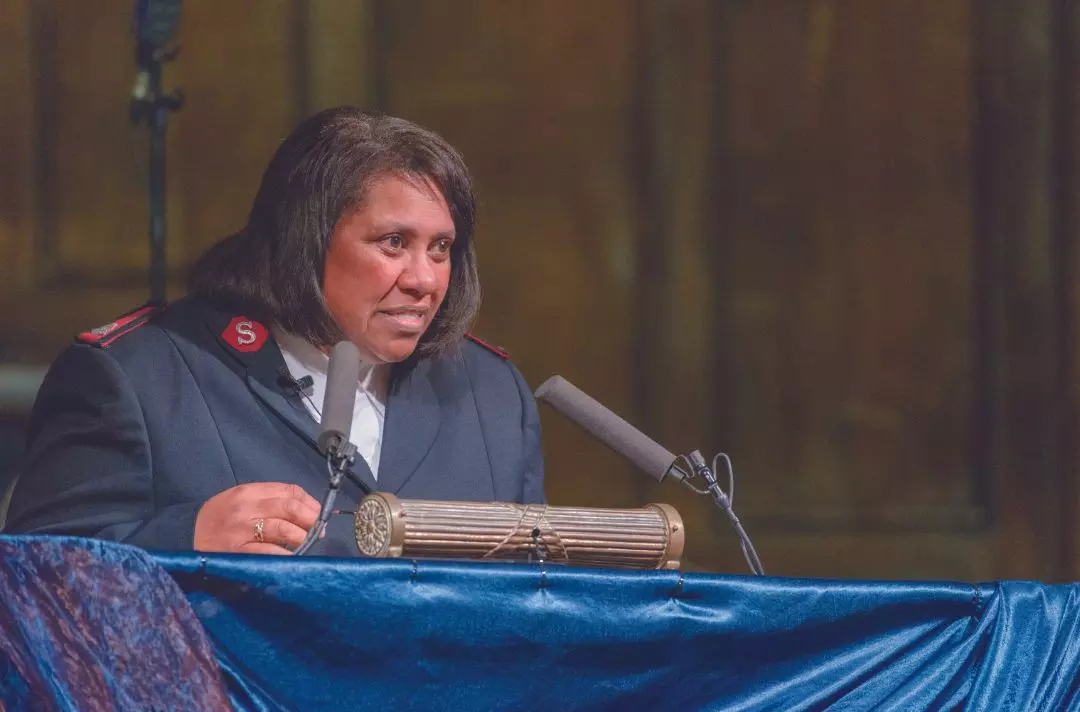
However, Althea understands that her experience is not shared by everyone: ‘When I went to the training college, I was told I was the first black British cadet. Forty-one years later, with the different demographic changes, do we see an organisation that reflects society within The Salvation Army?’
Speaking with Althea and Jonny makes me mindful of the white British origins of our Movement 157 years ago, of the need to hold traditions and culture that have grown from that time in balance with other traditions and cultures that embrace the diversity we see in our communities and congregations across the territory.
In his closing pitch to convince me to come along to the webinar, Jonny says: ‘The Army going forward needs to be increasingly diverse and inclusive, so if you are committed to our future, come along and let’s learn more together.’
I think I need to fill in the registration form...
Written by
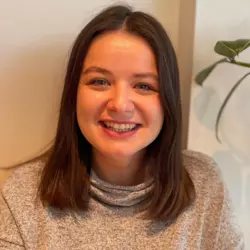
Bethany Gibson
Online Content Editor
Discover more
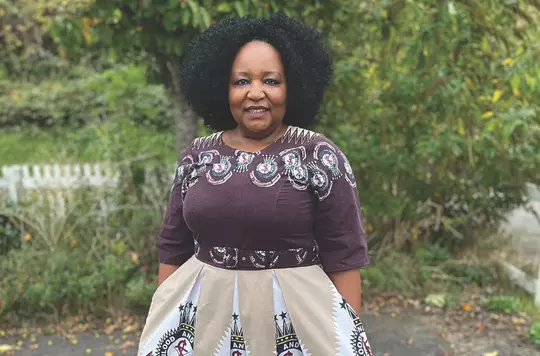
Joyce Chimkupete shares her journey towards accepting a leadership position at her corps.
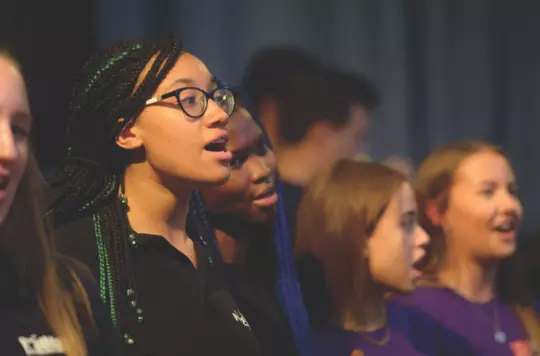
Ivan Radford outlines new initiatives introduced by the territory’s Racial Inclusion Working Group.
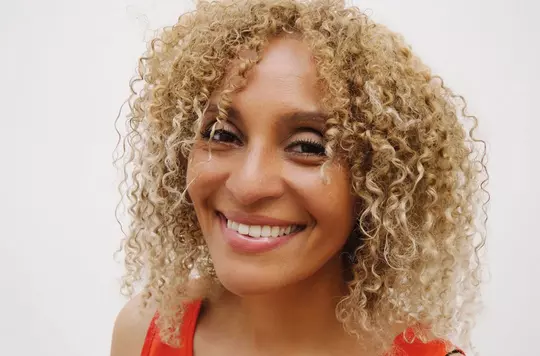
Sarah Olowofoyeku speaks to Loretta Andrews, co-author of 'Talking to Children about Race'.
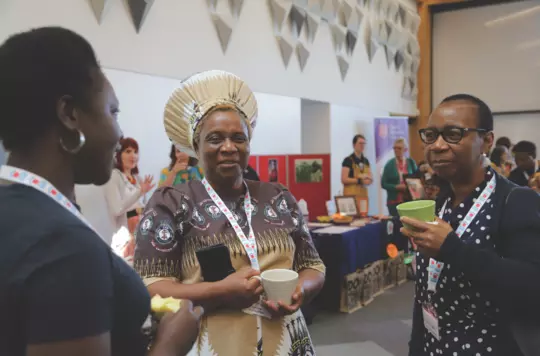
Celebrating and embracing ethnic and cultural diversity within The Salvation Army.